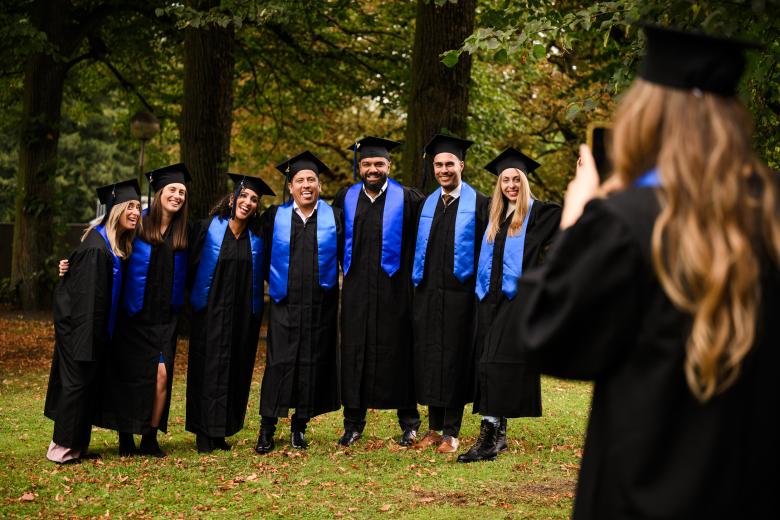Marith Dieker and Zahar Koretsky in TEDx PhD Pitch Night
Maastricht’s first ever TEDx PhD Pitch Night took place on 12 September 2018. PhD candidates had 3 minutes to pitch their research and see if they could secure a place on the TEDx Maastricht stage.
Marith Dieker and Zahar Koretsky, both PhD candidates at FASoS, participated and pitched their own research on the red dot. One of the jury members was Prof. Valentina Mazzucato.
Below they share their experiences on the event.
Marith Dieker:
“It was a nice experience! To present your research in such a short time is very challenging. Because (part of) my research is about changes in radio traffic reporting practices, I used two excerpts from an old and more recent traffic report to illustrate my claim. It was fun to ‘show’ some of my data this way.
I was also glad to see so many different UM research disciplines represented, among the speakers and in the audience!”
Zahar Koretsky:
“It was great to share what I do with such large audience! I happened to present first, so it was very nerve-racking. But once I was done it was very cool to just listen to all those fascinating people on stage.
I talked about my research on “un-inventing” technology: how technologies disappear from daily use and how this is not a straightforward process. Otherwise all of us would have already switched to green cars and green energy a long time ago!”
Valentina Mazzucato:
“The contestants were very brave, presenting a 3 minute pitch to such a large audience but the atmosphere was very supportive.
I learned a lot! The winner, Nadine Blankvoort, gave a presentation on the words that are used when Dutch institutions speak to refugees and how this affects societal perceptions about them. She clearly conveyed her research in layperson’s terms to be understandable to non-experts. She started with a personal story of one of her respondents that really grasped the audience. Everyone was so still you could hear a pin drop. She went on to present some of her findings and then she closed with a reflection to help us think about how this relates to our everyday lives.
I strongly encourage PhDs to participate in this event next year. It is good practice, as we researchers are increasingly being asked to convey the societal relevance of our research, or to be able to explain the essence of our research to a non-expert audience, such as the summary sections of grant applications. It’s good practice and the audience is very supportive.”
Also read
-
Study Smart gets Dutch Education Premium
Maastricht University's (UM) interfaculty educational innovation project Study Smart is one of the three winners of the Dutch Education Premium 2025. This was announced on Tuesday during the Comenius festival in The Hague.

-
Maastricht University recognised among top institutions in CEO Magazine’s 2025 Green MBA Rankings
We are proud to share that Maastricht University School of Business and Economics has been recognised as a top-ranked institution in the CEO Magazine 2025 Green MBA Rankings.

-
Language policy in European higher education
The increased Englishization of higher education is under discussion in several European countries. What does a balanced language policy look like that does justice to both the increasingly international character of higher education and a country's language-related cultural identity? At an...
